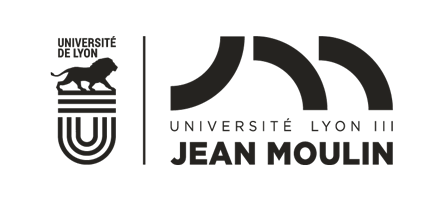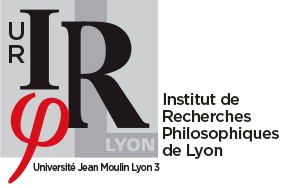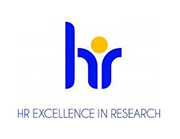- Research,
- Philosophy,
Isabelle DELPLA - Climate inequalities, theories of justice and challenges to the social contract
CALL FOR APPLICATIONS 2025 – MSCA POSTDOCTORAL FELLOWSHIPS



Keywords: Philosophy, Social Sciences, Inequalities/Injustice, Climate
Supervisor
Personnal page
Host institution
Research Lab
Isabelle DELPLA
/delpla-isabelle
Université Jean Moulin Lyon 3
/
IRPhiL - Institut de Recherches Philosophiques de Lyon
- Description of the Host Research Lab
-
IRPhiL federates University Jean Moulin Lyon 3’s expertise in philosophy on theoretical and practical rationality, the evolution of their forms, and their intersections and transfers in contemporary philosophical productions, sciences, techniques and practices.
Lab website: https://irphil.univ-lyon3.fr/
Research Project
FORESEE - Living with the CCC (consequences of climate change), towards reshaping the social Contract
- Description of FORESEE
-
As a partner of FORESEE, a 8-year project laureate of the France 2030 Programme on Social Sciences and Humanities, within a Consortium leaded by Grenoble Alpes University, and including Lille University, Bordeaux University, Paul Valéry Montpellier University, as well as CNRS and INRAe, Jean Moulin Lyon 3 University leads the Axis 3, "CCC as a challenge to the social contract : (in)equalities, (in)justices".
After decades of accumulating scientific knowledge, the consequences of climate change are now being felt intimately and on a large scale. The FORESEE project is based on the premise that this experiential aspect of CCCs, still largely unexplored, is essential for understanding the diversity of reactions to CCCs. This understanding is crucial for documenting the conflicting social dynamics they generate and for proposing ways to achieve sustainable and equitable change.
FORESEE mobilizes the diversity of the social sciences and humanities to provide three intertwined perspectives:- 1.From the perspective of individual affects and experiences, the project examines the diverse discourses and arguments surrounding CCCs, documents the epistemic barriers to understanding planetary limits, and characterizes the emergence of ecological sensitivities;
- 2. It documents the mechanisms of resilience, resistance, and adaptation of territorial organisations, focusing particularly on vulnerable areas and their institutions, the adaptation trajectories of public and private entities, and the transformations of territorial ecosystems facing CC;
- 3. It examines how (in)equality and (in)justice – prominent consequences of climate change - oblige us to deeply reevaluate the foundations of the social contract and challenge key legal concepts that shape our understanding of fundamental freedoms.

